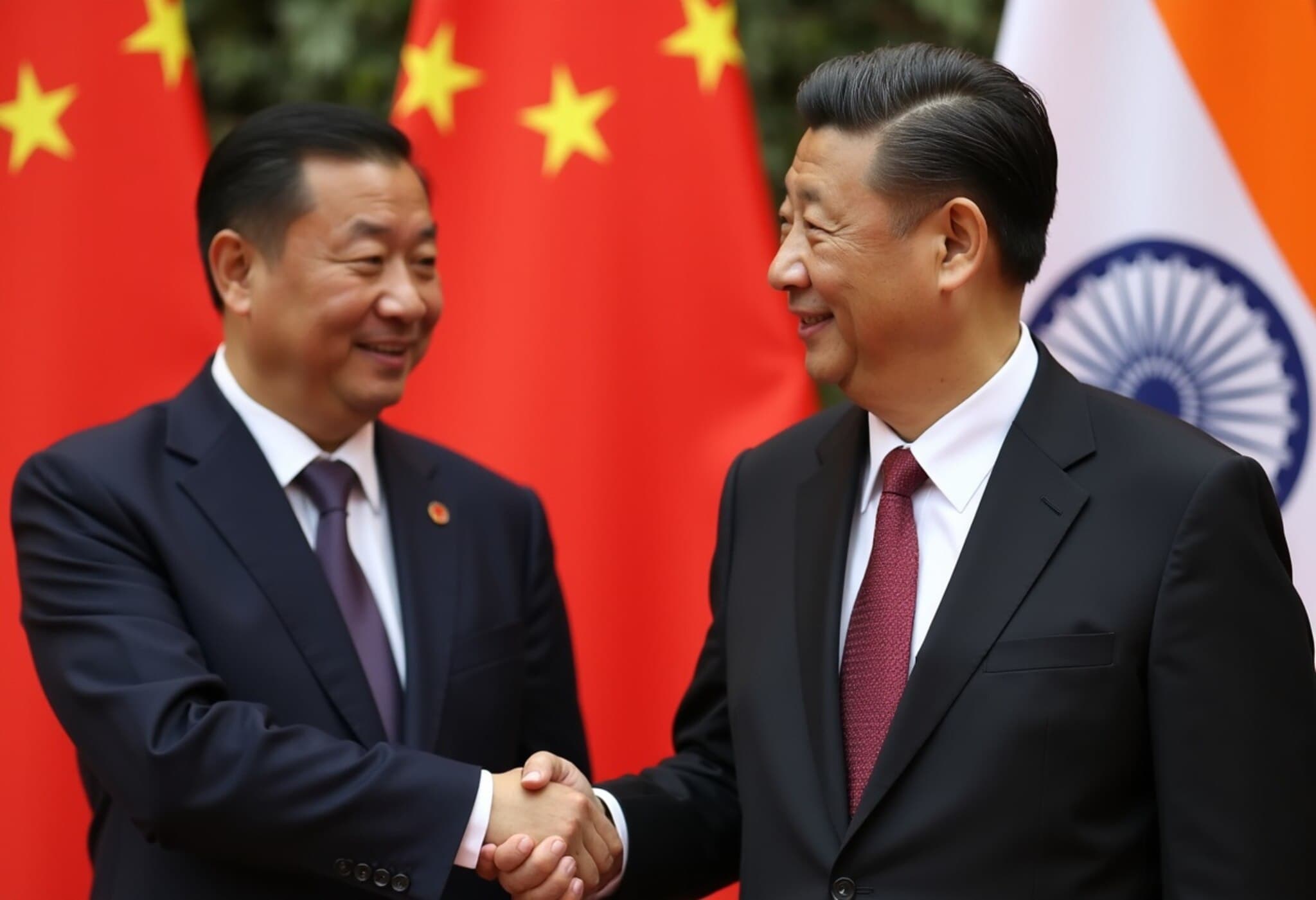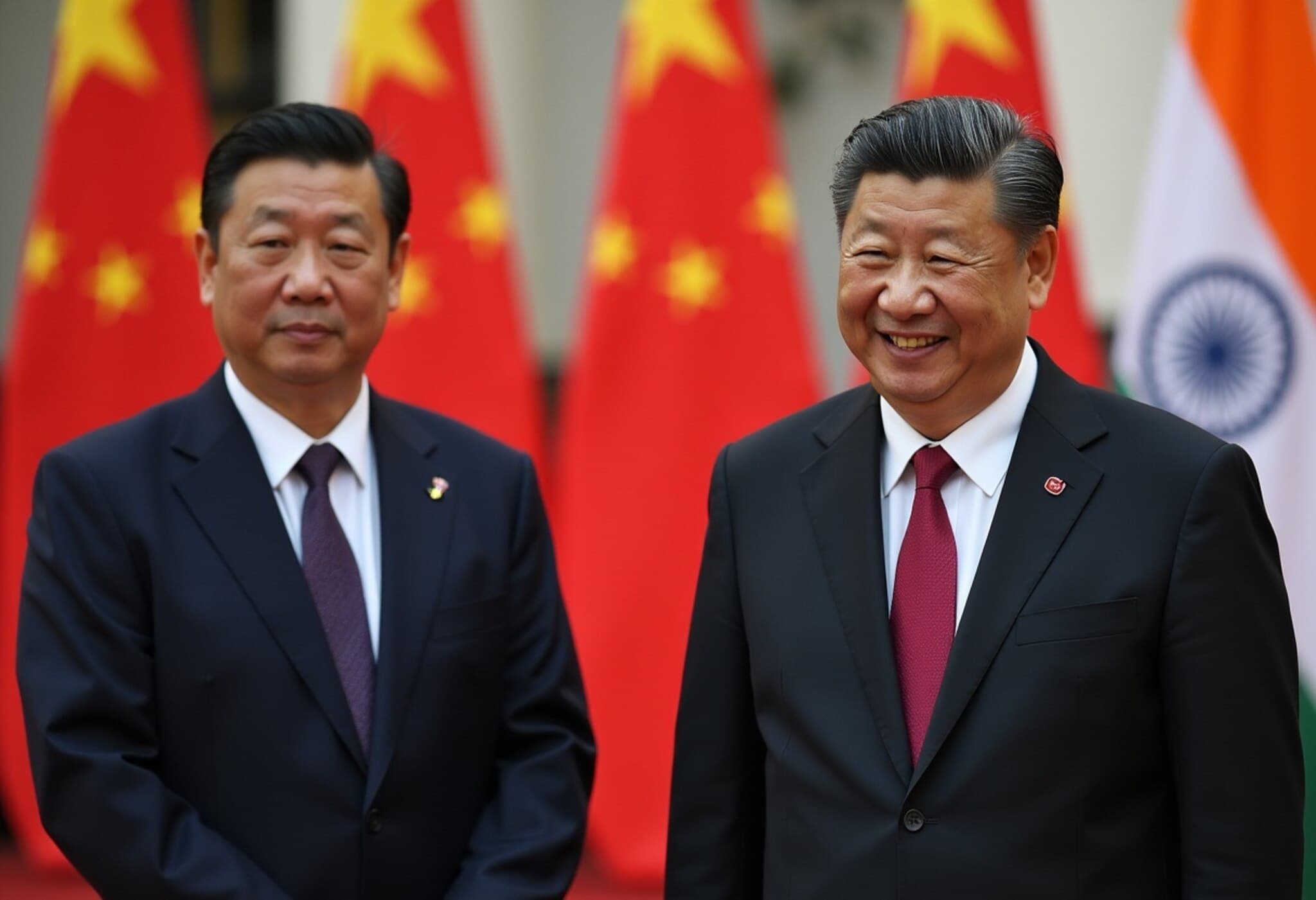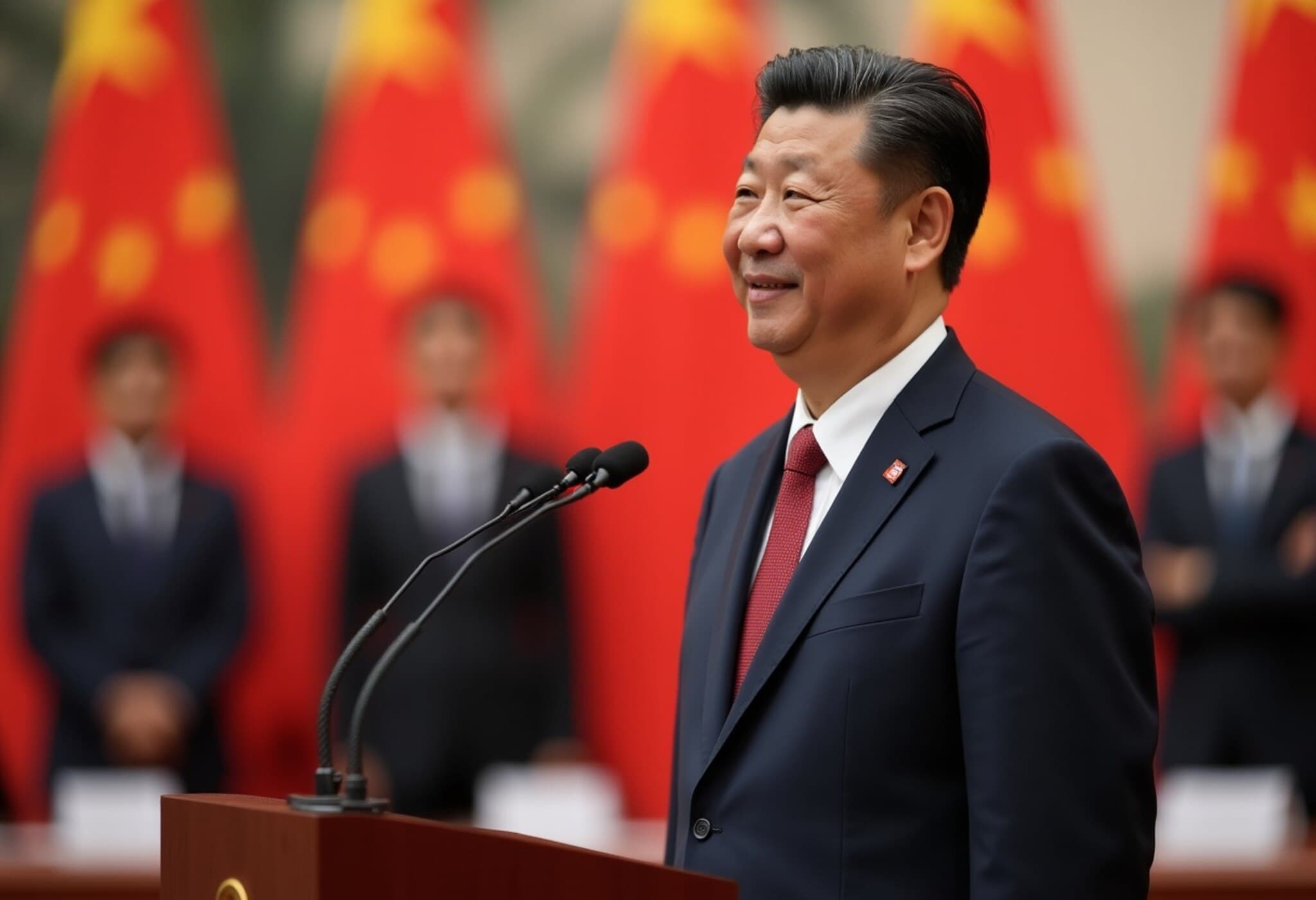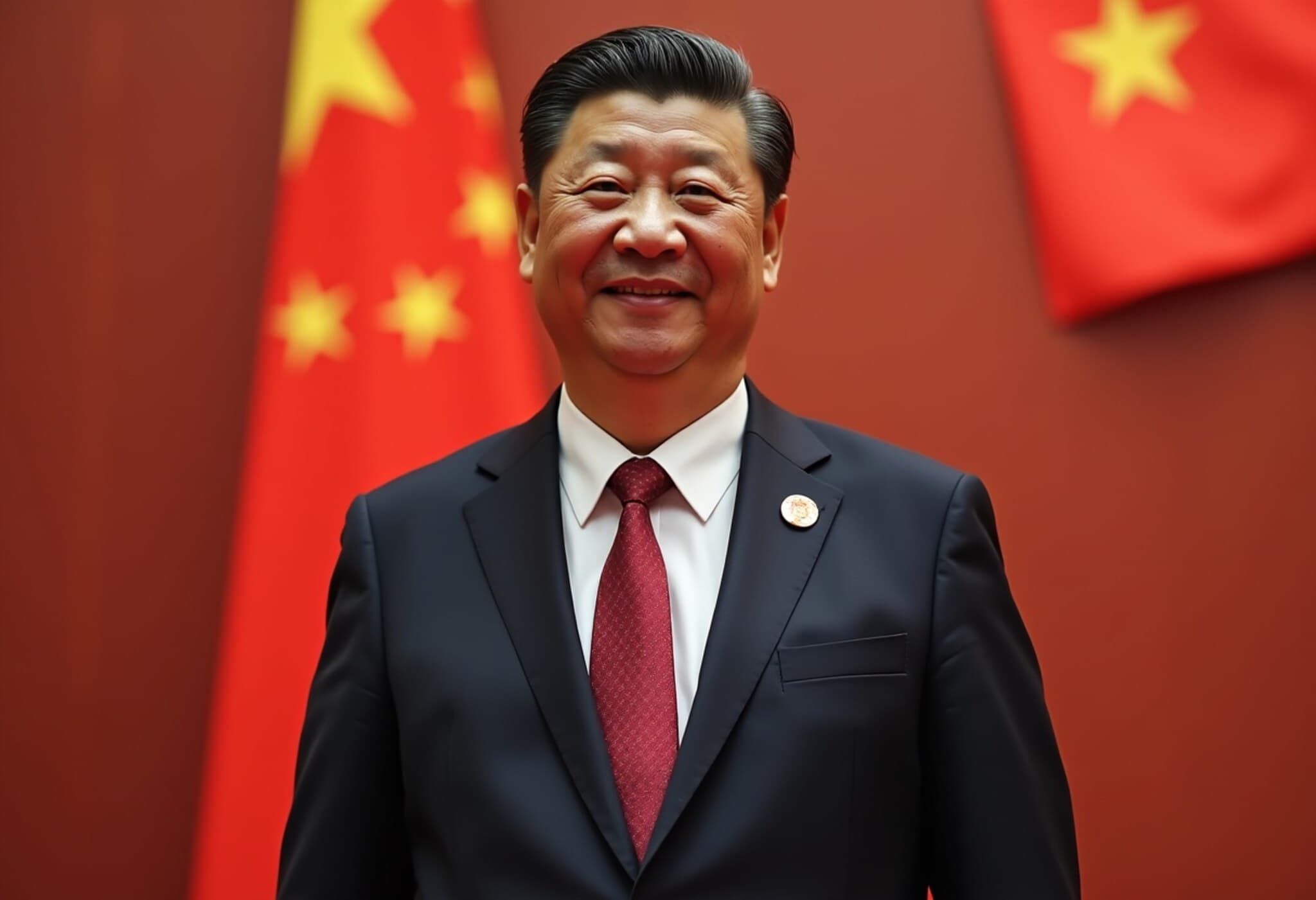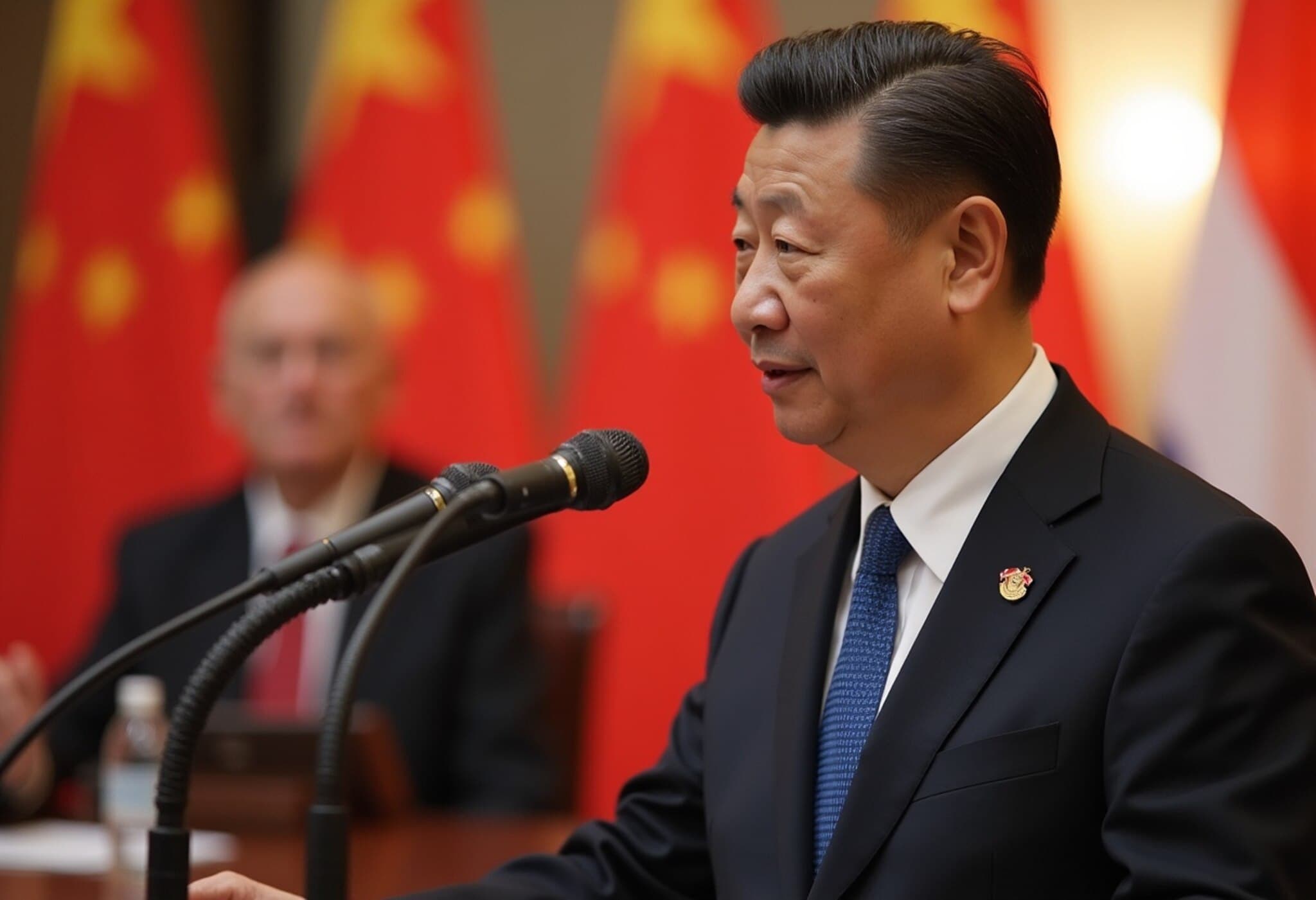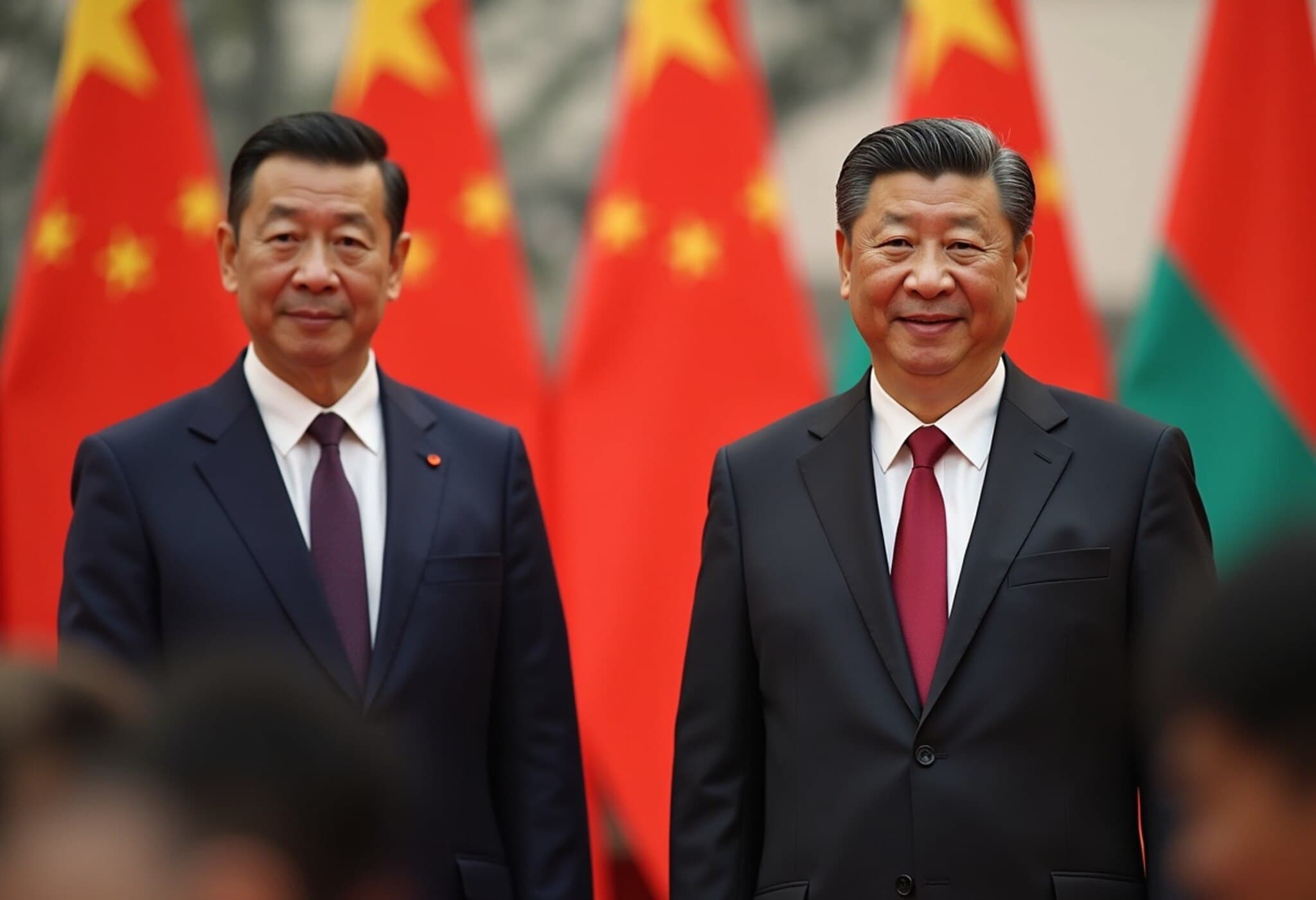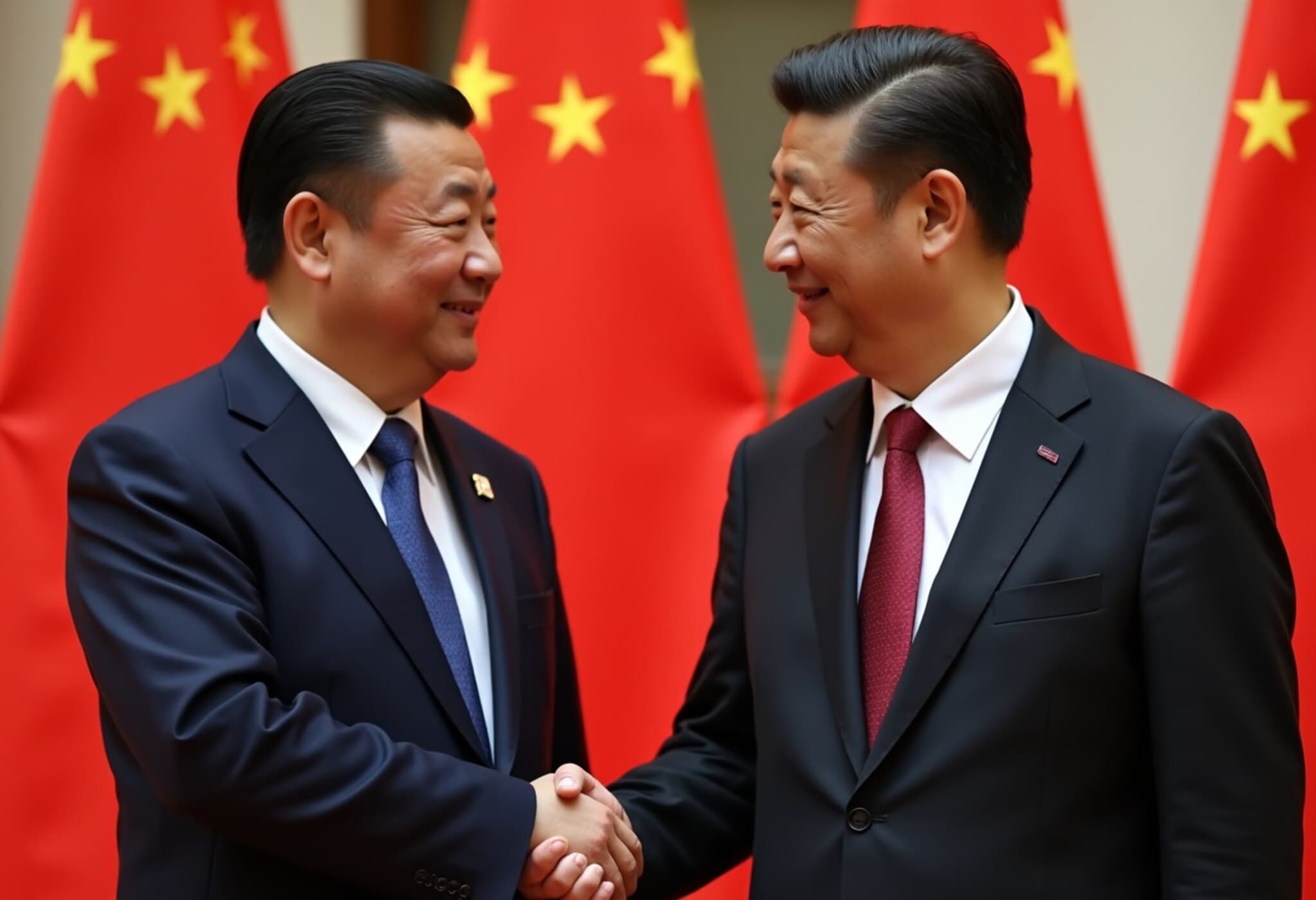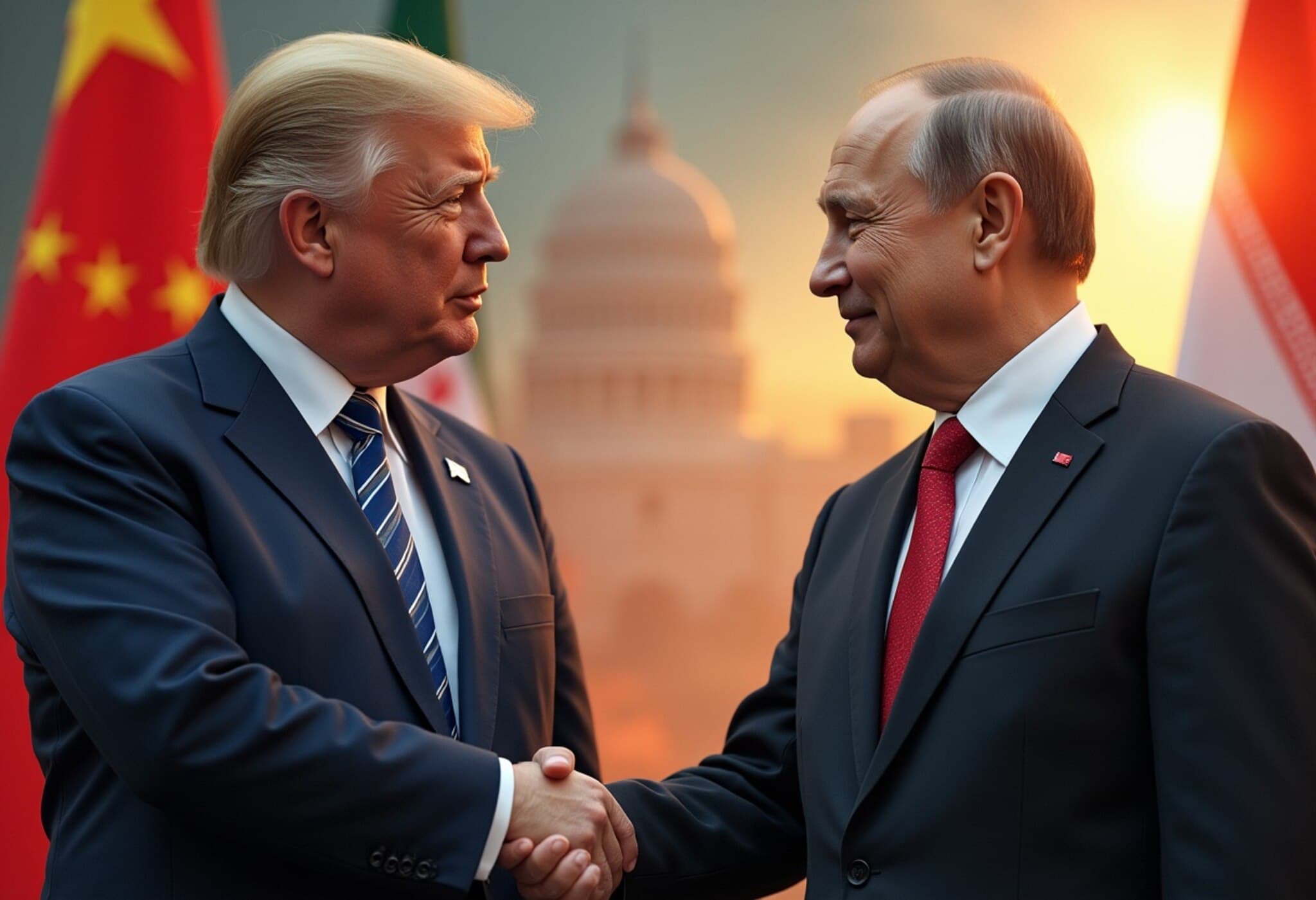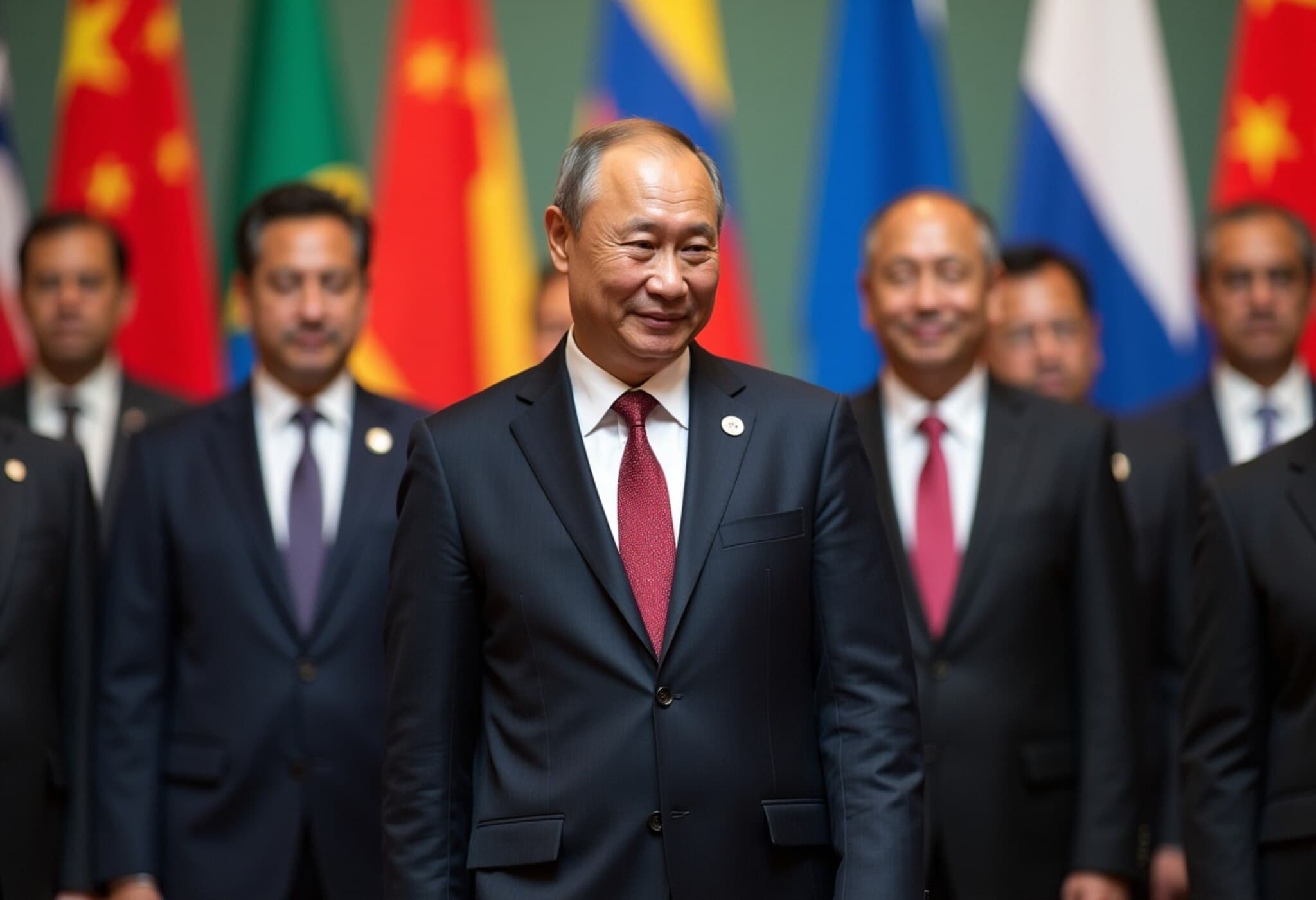Xi Jinping Skips BRICS Summit in Rio de Janeiro
In a notable shift, Chinese President Xi Jinping will be absent from the upcoming BRICS Summit in Brazil, marking the first time in 12 years that he has missed this key gathering of emerging economies. The summit, scheduled for July 6-7 in Rio de Janeiro, will see Chinese Premier Li Qiang, a close confidant of Xi, represent China instead.
BRICS and Its Growing Influence
The BRICS alliance, comprising Brazil, Russia, India, China, and South Africa, has recently expanded to include five new members: Egypt, Ethiopia, Iran, Saudi Arabia, and the UAE. The group's 2024 summit carries heightened importance, particularly given the diplomatic implications surrounding the interactions among leaders of member countries.
Significance of Xi and Modi’s Past Meetings
Last year's summit in Kazan, Russia, was especially significant as it witnessed a rare face-to-face between Prime Minister Narendra Modi and President Xi, ending a four-year chill in bilateral relations following tensions along the eastern Ladakh border. Their talks paved the way for renewed dialogue and a series of diplomatic meetings aimed at improving India-China relations.
Potential Impact of Xi's Absence
Xi's decision not to attend this year raises questions about the future of high-level dialogue within BRICS. If the Chinese President skips the Brazil summit, the Shanghai Cooperation Organisation (SCO) summit, due to be held in China later this year, may present the next opportunity for Xi and Modi to meet.
Official Reasons and Underlying Concerns
Reports from Brazil indicate that scheduling conflicts have been cited as the official reason for Xi’s absence. Chinese officials also note that Xi met Brazilian President Luiz Inácio Lula da Silva twice recently — once at the G20 summit and during Lula’s state visit to Beijing last November, and again at the China-CELAC forum in Beijing this May. These engagements might have contributed to the decision to delegate the Rio summit attendance to Premier Li Qiang.
Beijing’s hesitance may also stem from Brazil’s reluctance to endorse the multi-billion-dollar Belt and Road Initiative (BRI), a flagship project championed by Xi. Brazil is only the second BRICS nation, after India, to withhold commitment to this initiative.
Reaction and Outlook
Brazilian officials have expressed disappointment about Xi's absence. Lula’s visit to Beijing in May was seen as an effort to foster goodwill and anticipation that the Chinese leader would reciprocate by attending the summit in Rio.
Since taking office, Xi has consistently underscored the importance of the BRICS platform by attending every summit — even participating virtually during the 2020 pandemic. His absence this year breaks that pattern, which some analysts interpret as a subtle reflection of shifting diplomatic priorities and challenges within the group.
Looking Ahead
China’s Foreign Ministry has declined to comment on the issue, assuring that attendance details will be released in due course and reaffirming support for Brazil's presidency of BRICS. As the summit approaches, all eyes will be on how the dynamics between these emerging powers evolve, especially in light of Xi’s unprecedented nonattendance and its potential effects on regional cooperation and strategic alliances.

